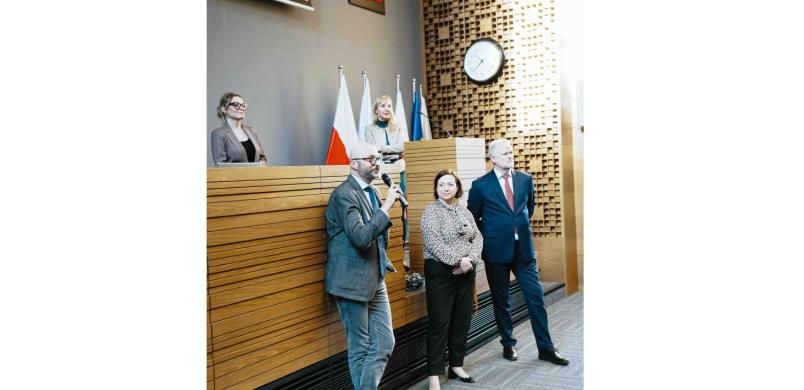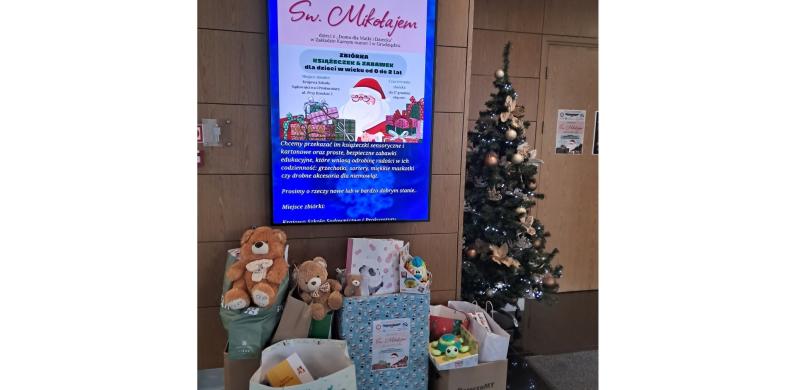Warsztaty "EU Framework Decisions related to Detention", 21-22.04.2016, Trewir
| Data szkolenia: | 21-04-2016 - 22-04-2016 | |||
| Miejsce szkolenia: | Trewir | |||
| Grupa docelowa: | sędziowie orzekający w sprawach karnych | |||
| Forma zajęć: | warsztaty | |||
| Termin zgłoszeń upływa: | 21-02-2016 | |||
| Język roboczy: | angielski | |||
|
The Ludwig Boltzmann Institute of Human Rights (BIM) in Vienna and ERA are implementing an EU co-financed project from October 2015 to March 2017 to support judicial cooperation in criminal matters in the European Union. The main objectives of the project are to strengthen cooperation between the judiciary and national mechanisms for the prevention of torture and ill-treatment (NPMs) in the EU, as well as to contribute to the correct and consistent implementation of the European Arrest Warrant (EAW) and other mutual recognition instruments relating to detention in full accordance with fundamental rights. The project is divided into three phases. In the first phase, a comprehensive desk study will be carried out on the implementation of the EAW and Framework Decisions on detention, potential fundamental rights concerns as well as the cooperation between the judiciary and NPMs in extradition procedures. In the second phase, two workshops will be organised: one, in Trier on 21-22 April 2016, will involve judges from EU Member States, and one in Vienna on 7-8 June 2016, will be designed for EU NPMs. The workshops will provide a platform for representatives of NPMs and the judiciary to gain awareness of each other’s roles, and to think of ways to develop modalities for a dialogue in the application of the EAW and other Framework Decisions related to detention. The final phase will include a conference in Vienna with NPMs, judges as well as relevant stakeholders on 16-17 November 2016, with the purpose to identify concrete ways to strengthen cooperation. A study will finally be published on judicial cooperation and the role of NPMs to strengthen the consistent and correct implementation of EU law in criminal matters. It will comprise good practice examples and recommendations identified during research the consultations on how to improve cooperation between judges and NPMs for a more consistent implementation of EU law in line with fundamental rights standards, targeting judiciary, NPMs and EU institutions. The first consultation workshop for judges in Trier on 21-22 April 2016 will strengthen the cooperation between judges of EU Member States and enhance their knowledge on the EAW and the FDs on Detention, with a focus on human rights implications in their implementation. In particular, judges will increase their knowledge on the mandate and function of NPMs, and reflect on how a national and cross-border cooperation with NPMs could support a correct and consistent implementation of EU laws in accordance with fundamental rights. The workshops will also include selected representatives of international bodies such as the UN Subcommittee for the Prevention of Torture (SPT) and the European Committee for the Prevention of Torture (CPT), the EU, the legal profession and civil society to provide external input and guidance and foster exchange and cooperation with other actors. They will promote the exchange of good practices and challenges and provide crucial information for the final study. The objectives of the Workshop in Trier therefore are:
There is no registration fee for this workshop. Flight costs will be reimbursed up to a maximum of €300, upon receipt of the original boarding passes, flight invoices and boarding passes. Hotel accommodation and local transportation will be reimbursed up to a maximum of €100 per night for a total of two nights, upon receipt of the original hotel bill and relevant travel documents. The draft programme of the workshop will follow very shortly. |
||||
|
Formularz aplikacyjny KSSiP do pobrania tutaj: http://www.kssip.gov.pl/sites/default/files/formularz_kssip_9.doc#overlay-context=node/1678
Organizatorzy ww. szkolenia (ERA) zwracają koszty podróży do łącznej kwoty 300 euro (bilety uczestnicy wykupują we własnym zakresie, po czym otrzymują zwrot kosztów z ERA) oraz koszt dwóch noclegów w kwocie do 100 euro za 1 nocleg. Zgłoszenia należy kierować wyłącznie drogą mailową na adres: [email protected] , w temacie wpisując sygnaturę M8/G/16 do dnia 21 lutego 2016 r.
Przypominamy, że zgodnie z Regulaminem Platformy Szkoleniowej KSSiP zgłoszenie się do udziału w szkoleniu jest równoznaczne ze złożeniem oświadczenia przez użytkownika Platformy Szkoleniowej, że uzyskał on zgodę przełożonego na udział w szkoleniu. Rekrutacja odbywa się za pośrednictwem platformy szkoleniowej KSSiP. |
||||



